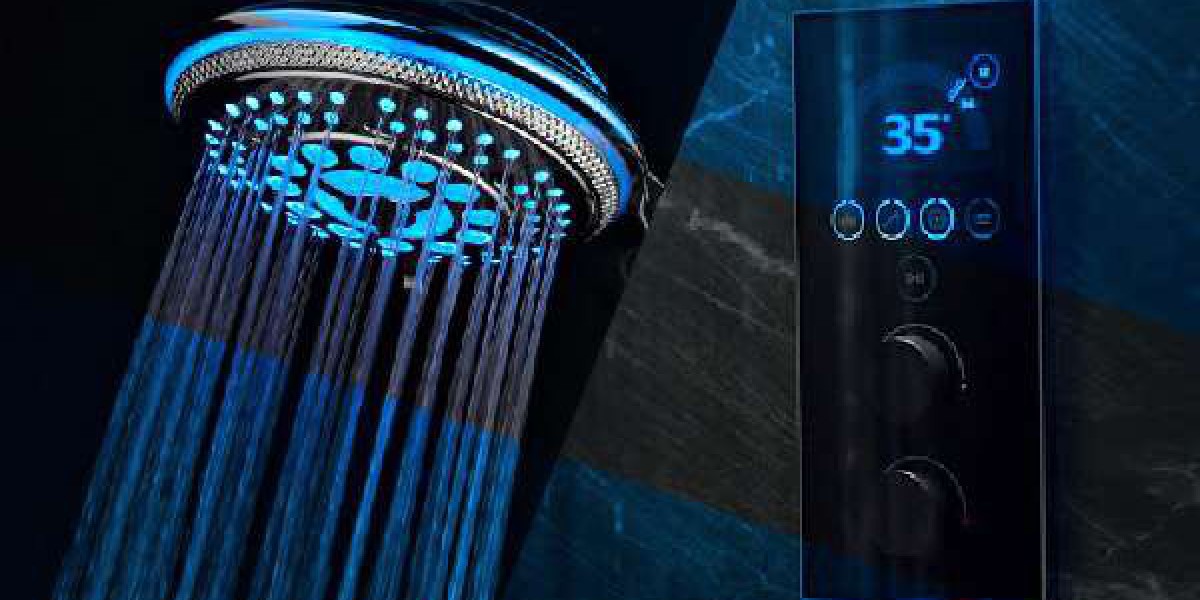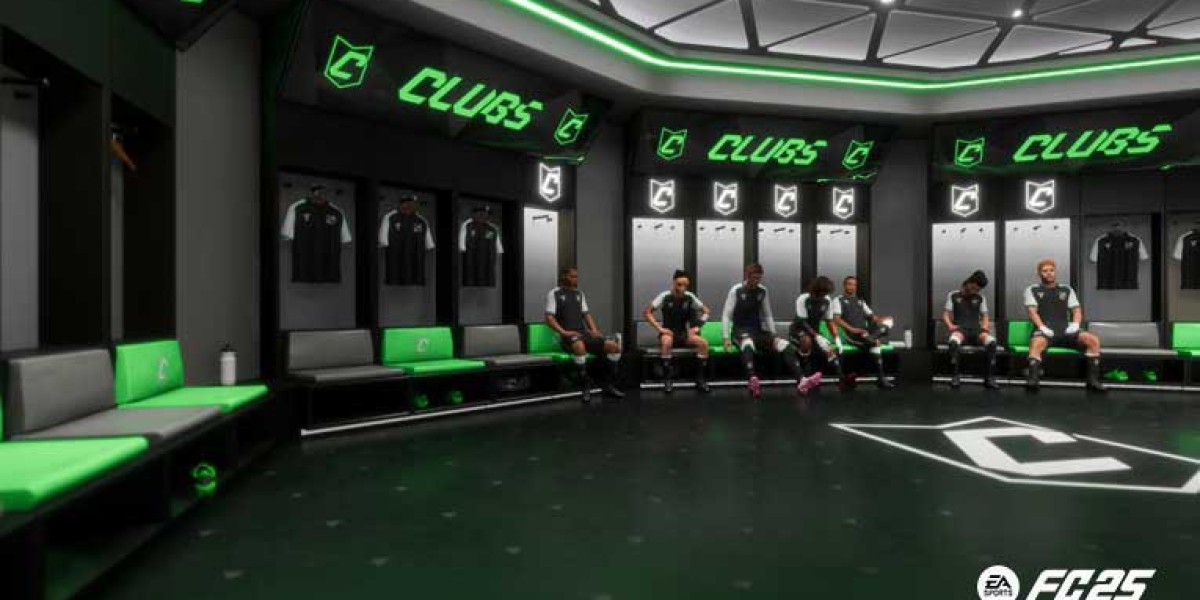The rapid expansion of the smart home ecosystem has created fertile ground for innovation in every room of the house, including the bathroom. The Smart Shower Device Market has emerged as a dynamic and high-growth segment within this broader trend, positioned at the intersection of plumbing fixtures, consumer electronics, and home automation. This market is characterized by a blend of established plumbing brands like Moen, Kohler, and Grohe, who are integrating smart technology into their premium product lines, and technology-focused newcomers seeking to disrupt the industry. The competitive landscape is driven by a race to offer the most intuitive user interface, the most advanced features, and the most seamless integration with popular smart home platforms like Amazon Alexa, Google Assistant, and Apple HomeKit, transforming the bathroom into a fully connected space.
To understand its structure, the market can be segmented in several key ways. By product type, the market is divided into complete smart shower systems, which include digital valves and controllers, and individual smart components, such as connected showerheads that can track water usage or play music. In terms of end-users, the market is split between the residential sector and the commercial sector. The residential segment, driven by new construction and home remodeling projects, currently represents the largest share. However, the commercial segment—which includes luxury hotels, spas, and high-end fitness centers—is a rapidly growing area, as businesses look to offer a premium, tech-forward experience to their clients. Distribution channels are also varied, with products sold through traditional plumbing suppliers, big-box home improvement stores, and increasingly, through online e-commerce platforms.
The competitive dynamics within the market are pushing companies to innovate constantly. Key strategies include developing more sophisticated personalization options, enhancing water and energy efficiency features, and ensuring robust data security and privacy for users. Partnerships are becoming increasingly crucial; fixture manufacturers are collaborating with technology companies to ensure their devices work flawlessly within a larger smart home network. Marketing efforts are carefully targeted, often focusing on the dual benefits of luxury and sustainability. By positioning smart showers as both a high-end upgrade that enhances daily life and a responsible investment that conserves resources, companies are appealing to a broad and diverse consumer base, from tech enthusiasts and luxury homeowners to environmentally conscious families.






